Dealing with Social Media Addiction and Safety
In today's digital age, social media has become an integral part of our daily lives. It's like a double-edged sword; while it connects us with friends, family, and the world, it can also lead to addiction and various safety concerns. The constant notifications, the allure of scrolling through feeds, and the pressure to stay updated can sometimes feel overwhelming. Have you ever found yourself mindlessly scrolling for hours, only to realize that you've lost track of time? If so, you're not alone. This article delves into the challenges of social media addiction, its impact on mental health, and effective strategies for maintaining safety while navigating online platforms.
Social media addiction is a growing concern, characterized by excessive use that interferes with daily life. It's not just about spending too much time online; it’s about the psychological and social implications that come with it. Imagine being at a party but spending the entire time glued to your phone, missing out on real conversations and connections. This phenomenon can create a disconnect from reality, leading to feelings of isolation despite being constantly 'connected'. Understanding these implications is crucial for addressing this modern issue and finding a way to strike a balance.
So, how can you tell if you or someone you know is struggling with social media addiction? Identifying the signs can help individuals recognize unhealthy patterns before they spiral out of control. Common indicators include:
- Compulsive Checking: Feeling the need to check notifications or updates constantly.
- Neglecting Responsibilities: Putting off important tasks or ignoring obligations in favor of scrolling.
- Anxiety When Offline: Experiencing feelings of anxiety or restlessness when unable to access social platforms.
These behaviors can often lead to deeper psychological issues, which we will explore in the next section.
The psychological effects of social media addiction can be profound and far-reaching. Many individuals experience heightened levels of anxiety, depression, and low self-esteem as a result of their online behaviors. For instance, constantly comparing oneself to the seemingly perfect lives portrayed on social media can lead to feelings of inadequacy. Recognizing these effects is essential for individuals seeking to regain control over their online habits. It's like being trapped in a never-ending cycle of validation and comparison, where the likes and follows become a measure of self-worth.
Social media addiction can strain personal relationships significantly. When individuals are excessively engaged online, they often neglect meaningful face-to-face interactions. Have you ever been out with friends, only to see everyone staring at their phones instead of enjoying each other's company? This shift in focus can create feelings of disconnection and resentment. Understanding this impact is vital for fostering healthier connections. It’s essential to prioritize real-life relationships over virtual ones to maintain a balanced social life.
Increased social media use can significantly hinder productivity, both at work and in personal life. The allure of social media can be distracting, pulling attention away from tasks that require focus. Imagine trying to complete a project at work, only to be interrupted repeatedly by the urge to check your social feeds. Individuals must learn to balance online engagement with their responsibilities to enhance overall efficiency. Setting specific times for social media use can be a game-changer, allowing for dedicated periods of focus on tasks without the constant pull of online distractions.
Implementing effective strategies to manage social media addiction can lead to healthier usage patterns. Here are some techniques that can create a more positive online experience:
- Set Time Limits: Use built-in features on your devices to limit social media usage.
- Curate Your Feed: Follow accounts that inspire and uplift you, and unfollow those that induce negativity.
- Designate Phone-Free Times: Create specific times during the day when you disconnect from all devices.
By incorporating these strategies, individuals can reclaim their time and mental well-being.
Safety on social media is paramount. With the rise of online threats, understanding privacy settings and recognizing potential dangers can empower users to navigate platforms securely while protecting personal information. It’s like having a sturdy lock on your front door; it may not prevent all intrusions, but it certainly provides a layer of security.
Familiarizing oneself with privacy settings is essential for safeguarding personal information. Users should regularly review and adjust their settings to enhance their online security. Think of it as a personal shield; the more you know about your privacy options, the better you can protect yourself from unwanted attention and potential threats.
Being aware of online threats, such as cyberbullying and phishing scams, is crucial for maintaining safety. Education on these issues can help users respond effectively and protect themselves. Just like we teach children to be cautious around strangers, adults must also be vigilant online. Knowing how to identify suspicious messages or recognize harmful behaviors can make a significant difference in one's online experience.
Q: How can I tell if I'm addicted to social media?
A: If you find yourself spending excessive time on social media, neglecting responsibilities, or feeling anxious when offline, these could be signs of addiction.
Q: What are some quick tips to reduce social media usage?
A: Set daily time limits, designate phone-free zones, and curate your feed to include only positive and uplifting content.
Q: How can I protect my privacy online?
A: Regularly review your privacy settings, be cautious about what you share, and avoid accepting friend requests from strangers.
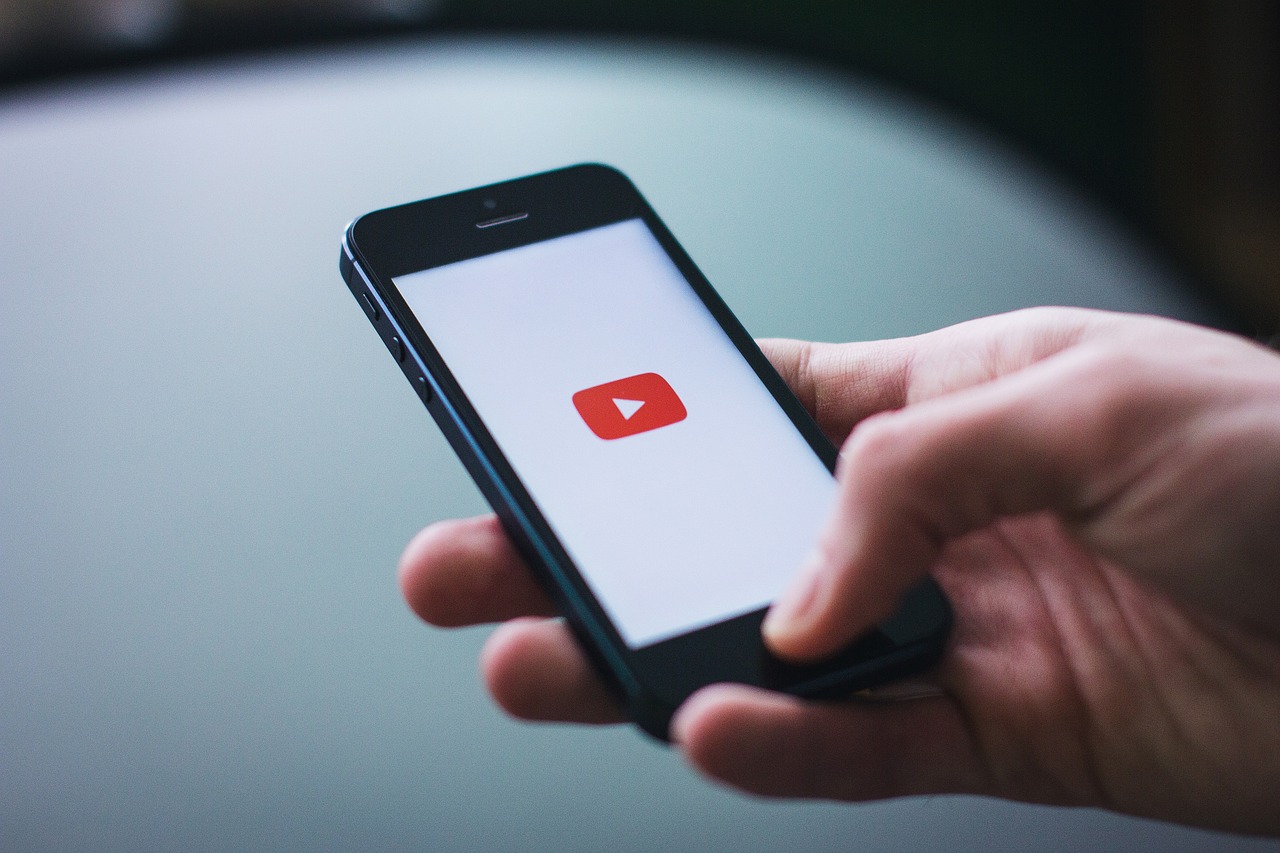
Understanding Social Media Addiction
Social media addiction is a growing concern in our hyper-connected world. It's not just about scrolling through your feed; it's about the compulsion to be online, the constant need for validation through likes and comments, and the overwhelming fear of missing out (FOMO). Imagine being at a party where everyone is having fun, but you're stuck in a corner, glued to your phone, refreshing your notifications. This scenario captures the essence of social media addiction. It’s a modern dilemma that affects millions and can lead to serious psychological and social implications.
At its core, social media addiction is characterized by excessive use that interferes with daily life. It can manifest in various ways, including:
- Compulsive Checking: Many individuals find themselves checking their social media accounts multiple times an hour, even when they have no notifications.
- Neglecting Responsibilities: Important tasks and relationships may take a backseat as the allure of online engagement becomes too strong to resist.
- Anxiety and Restlessness: A common symptom is feeling anxious or uneasy when unable to access social media platforms, leading to a cycle of dependency.
Understanding these behaviors is crucial for addressing the issue. The psychological effects of social media addiction can be profound. Studies have shown that individuals who spend excessive time on social media are at higher risk of developing anxiety, depression, and low self-esteem. This is largely due to the comparison culture that social media fosters. Users often compare their lives to the curated highlights of others, leading to feelings of inadequacy and dissatisfaction.
Moreover, the impact of social media addiction extends beyond personal well-being; it can also strain relationships. When individuals prioritize online interactions over face-to-face connections, they may find their personal relationships suffering. Friends and family may feel neglected, leading to misunderstandings and conflicts. The irony is that while social media is designed to connect us, it can often do the opposite.
In addition to relationships, social media addiction can significantly hinder productivity. Whether at work or home, the constant distractions from notifications and the urge to check updates can lead to a decline in focus and efficiency. It’s like trying to read a book while someone constantly interrupts you; the story just doesn’t stick. Therefore, finding a balance between online engagement and responsibilities is essential for enhancing overall productivity.
In conclusion, understanding social media addiction is the first step towards managing it. By recognizing the signs and implications, individuals can take proactive measures to regain control over their online habits and foster healthier relationships both online and offline.
Q1: What are the signs of social media addiction?
A1: Signs include compulsive checking, neglecting responsibilities, and experiencing anxiety when unable to access social platforms.
Q2: How can I reduce my social media usage?
A2: Setting time limits, curating your feed, and scheduling offline activities can help manage your usage effectively.
Q3: Is social media addiction a recognized mental health issue?
A3: While not officially classified as a mental health disorder, many psychologists recognize its impact on mental well-being and social interactions.
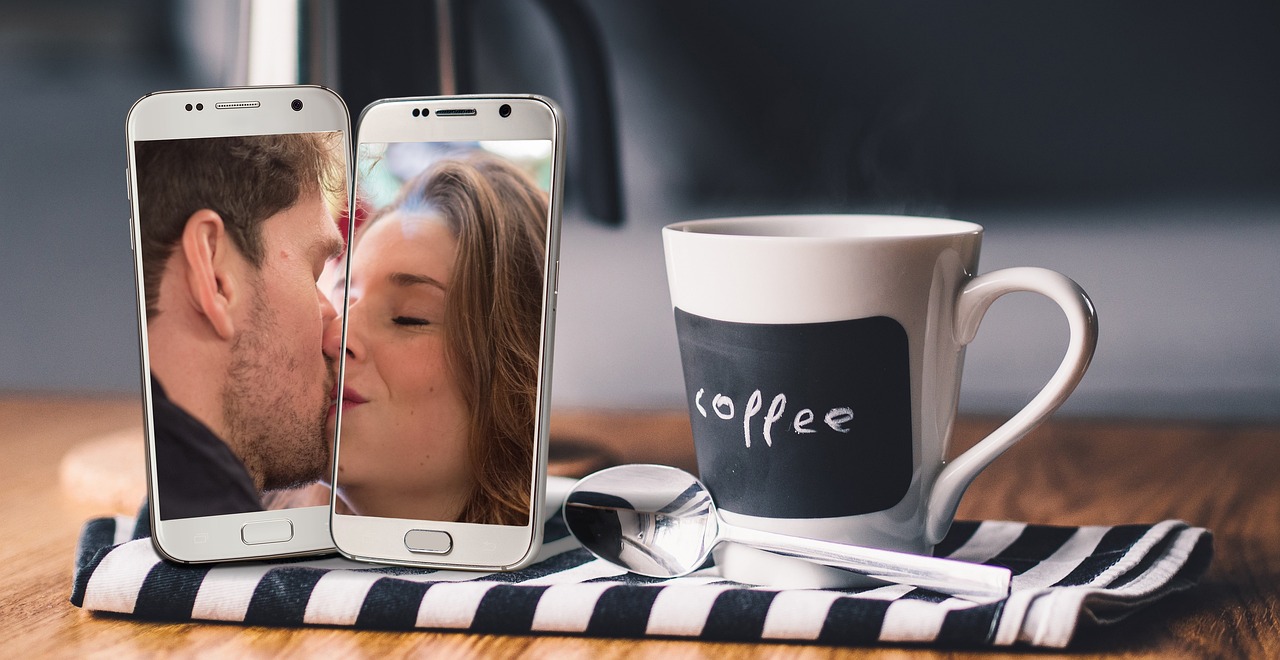
Signs of Social Media Addiction
In today's digital age, it's easy to lose track of time while scrolling through social media feeds. But how can you tell if your online habits have crossed the line into addiction? Recognizing the signs of social media addiction is crucial for regaining control over your life. This addiction often manifests in various ways, affecting not just your mental health but also your relationships and productivity.
One of the most common indicators of social media addiction is compulsive checking. Do you find yourself reaching for your phone every few minutes, even when you know you should be focusing on something else? This behavior can lead to a cycle of distraction that makes it difficult to concentrate on tasks or engage in meaningful conversations. Additionally, neglecting responsibilities is another red flag. If you often prioritize scrolling through your feed over completing work assignments or even spending quality time with loved ones, it may be time to reassess your habits.
Another significant sign is experiencing feelings of anxiety or irritability when unable to access social media platforms. Have you ever felt a pang of panic when your phone dies, or when you're in a place with no internet connection? This emotional response can indicate an unhealthy reliance on social media for validation or connection. Furthermore, if you notice that your mood heavily depends on the interactions you receive online—such as likes, comments, or shares—this can be a strong indication of addiction.
To help you better understand the signs, here’s a quick overview:
| Signs of Social Media Addiction | Description |
|---|---|
| Compulsive Checking | Constantly checking notifications or feeds, even when it's inappropriate. |
| Neglecting Responsibilities | Prioritizing social media over work, studies, or personal relationships. |
| Anxiety Without Access | Feeling anxious or irritable when unable to check social media. |
| Emotional Dependency | Feeling happy or sad based on online interactions. |
Recognizing these signs is the first step toward taking control of your social media habits. It's not about completely cutting off from these platforms but understanding the impact they have on your life. By acknowledging these behaviors, you can start to implement changes that lead to a healthier relationship with social media.
- What is social media addiction? Social media addiction refers to the compulsive use of social media platforms that interferes with daily life and responsibilities.
- How can I tell if I am addicted to social media? Signs include compulsive checking, neglecting responsibilities, feeling anxious without access, and emotional dependency on online interactions.
- What can I do to manage my social media use? Setting time limits, curating your feed, and taking regular breaks can help manage social media habits.
- Is it possible to use social media without becoming addicted? Yes, by being mindful of your usage and setting boundaries, you can enjoy social media without falling into addictive patterns.
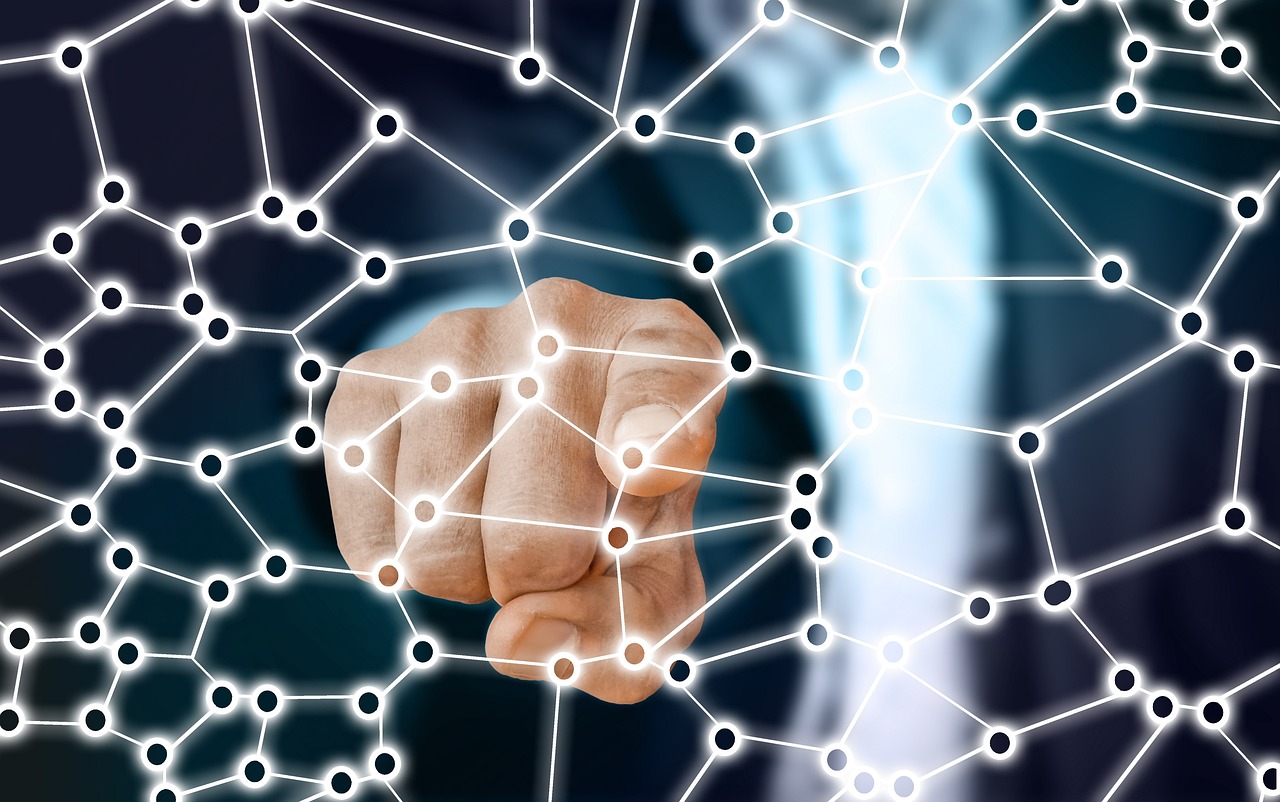
The Psychological Effects
Social media addiction can have a profound impact on mental health, often leading individuals down a rabbit hole of negative emotions and thoughts. Imagine waking up each day, not to the sound of birds chirping or the smell of fresh coffee, but to the incessant *ping* of notifications. This constant barrage can create a sense of urgency and anxiety, as if you are perpetually in a race to catch up with the latest updates. The reality is that this compulsive need to check social media can lead to feelings of inadequacy, as users often compare their lives to the seemingly perfect lives of others showcased online.
Moreover, the psychological effects can manifest in various ways. Studies have shown that excessive social media use is linked to increased rates of anxiety and depression. When individuals spend more time scrolling through curated feeds, they might begin to feel isolated, even in a crowd. The irony is that while social media is designed to connect us, it can often leave us feeling more disconnected than ever. This paradox can lead to a vicious cycle where individuals seek validation through likes and comments, only to find that these fleeting moments of approval do little to fill the void they feel inside.
To better understand these effects, let’s break down some common psychological responses associated with social media addiction:
- Anxiety: The fear of missing out (FOMO) can create a persistent state of anxiety. Users may feel pressured to stay constantly updated, leading to stress and worry.
- Depression: Prolonged exposure to negative content or the pressure to present a perfect image can contribute to feelings of sadness and hopelessness.
- Low Self-Esteem: Constant comparisons to others can erode self-worth, making individuals feel inadequate or unworthy.
It's crucial for individuals to recognize these psychological effects as they navigate their social media habits. By acknowledging the emotional toll that excessive online engagement can take, users can begin to take proactive steps towards healthier usage patterns. This might mean setting boundaries around social media use, such as limiting screen time or curating the content they consume to focus on positive influences. Ultimately, understanding the psychological effects of social media addiction is the first step towards regaining control and fostering a healthier relationship with these powerful platforms.
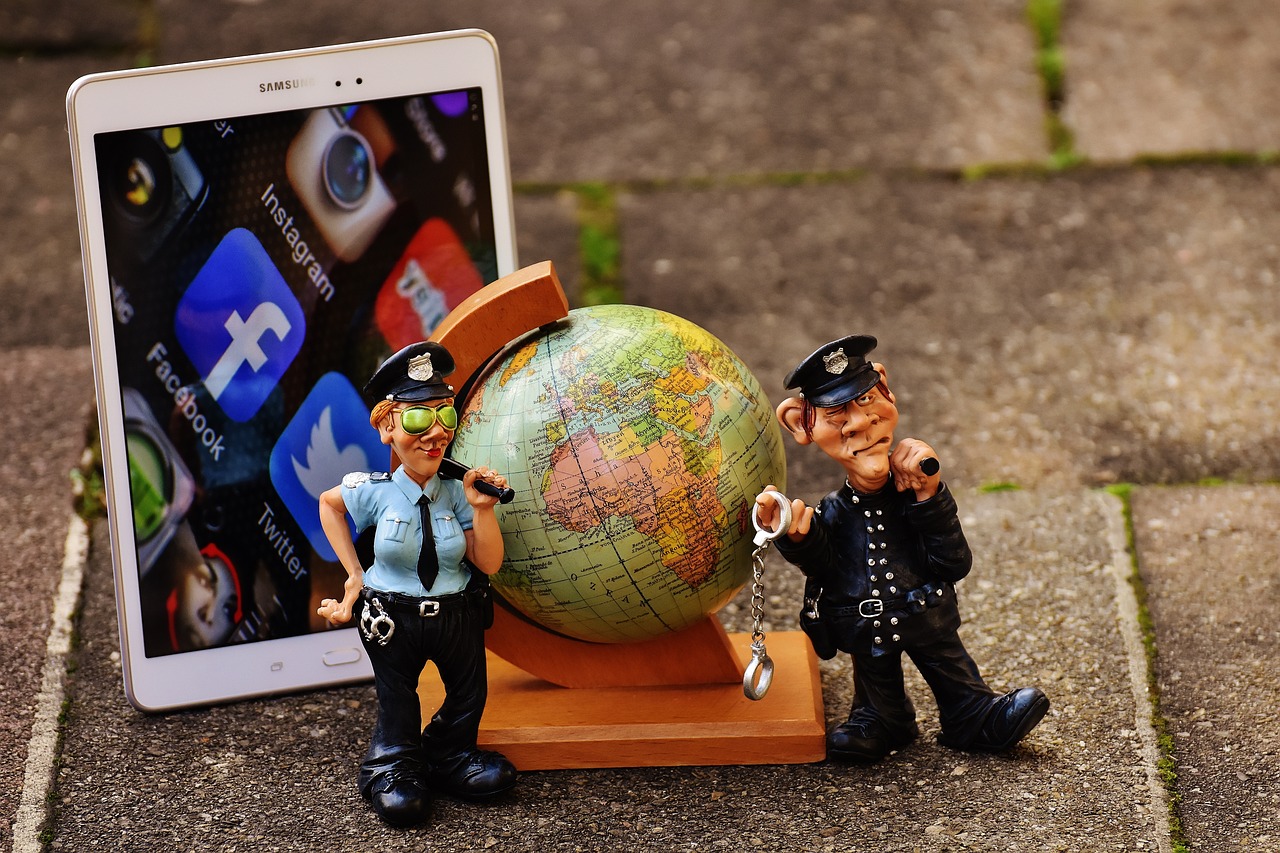
Impact on Relationships
In today’s digital age, social media has become a double-edged sword, especially when it comes to our relationships. While it can connect us with friends and family across the globe, it can also create a chasm between us and those who are physically present in our lives. Think about it: how often do we find ourselves scrolling through feeds instead of engaging in a meaningful conversation with someone sitting right next to us? This phenomenon is not just a minor inconvenience; it can lead to significant strain on our personal relationships.
One of the most noticeable impacts of social media addiction is the way it alters our communication patterns. When we prioritize online interactions over face-to-face conversations, we miss out on the nuances of human interaction—like body language and tone of voice—that are essential for building strong emotional connections. It's as if we're trading rich, flavorful meals for quick snacks; we might feel full temporarily, but we’re left unsatisfied in the long run.
Moreover, excessive social media use can foster feelings of jealousy and insecurity, particularly in romantic relationships. Constant exposure to curated images of others' seemingly perfect lives can lead to unrealistic comparisons. Couples might find themselves in a cycle of doubt, questioning each other's loyalty or commitment based on what they see online. This can create a toxic environment where trust is eroded, and communication breaks down.
It’s also important to consider how social media can impact friendships. While platforms like Facebook and Instagram can help us stay connected, they can also lead to superficial interactions. A quick 'like' or comment might feel like engagement, but it often lacks the depth of a real conversation. Over time, these shallow exchanges can leave friends feeling undervalued and neglected, which can ultimately lead to the deterioration of those relationships.
To illustrate this point, let’s look at a few statistics:
| Statistic | Percentage |
|---|---|
| People who report feeling lonely due to social media use | 30% |
| Couples who have argued about social media use | 40% |
| Friends who feel that social media has negatively impacted their friendships | 25% |
So, how can we counteract these negative effects and foster healthier relationships? It starts with awareness. By recognizing the signs of social media addiction and its impact on our interactions, we can take proactive steps to mitigate its effects. Setting boundaries around social media use—like designated phone-free times during meals or gatherings—can encourage more meaningful conversations. Additionally, being intentional about our online interactions, such as reaching out personally to friends rather than just liking their posts, can help strengthen those bonds.
Ultimately, the goal should be to create a balance where social media enhances our relationships rather than detracts from them. By being mindful of our online habits, we can ensure that we nurture the connections that truly matter in our lives.
- How can I tell if I’m addicted to social media? Look for signs like compulsive checking, neglecting responsibilities, and feeling anxious when you can't access your accounts.
- What are some healthy boundaries I can set for social media use? Consider designating specific times for social media, limiting usage during meals, or turning off notifications to reduce distractions.
- Can social media be beneficial for relationships? Yes, when used mindfully, social media can help maintain connections, share experiences, and support one another.
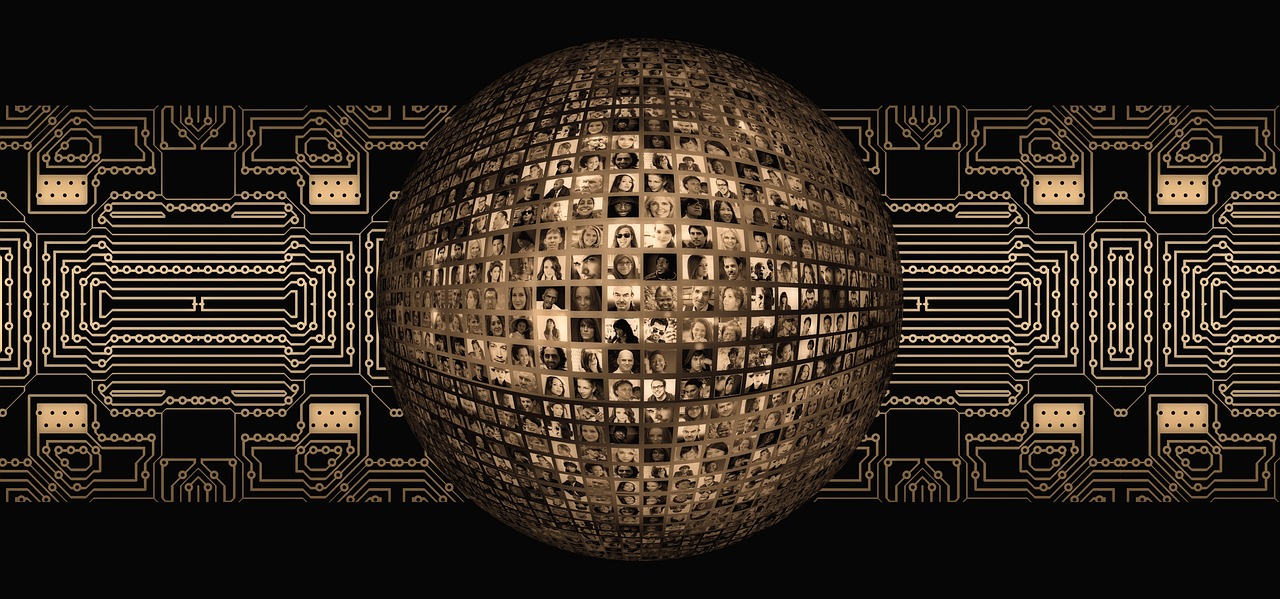
Effects on Productivity
In today's fast-paced world, social media has become a double-edged sword. On one hand, it connects us with friends and family, and on the other, it can significantly hinder our productivity. Have you ever found yourself scrolling through your feed for hours, only to realize that the time you intended to spend on work or personal projects has slipped away? This is a common experience for many, and it raises a crucial question: how does social media addiction impact our ability to get things done?
The **effects on productivity** can be profound and multifaceted. For starters, constant notifications and the urge to check updates can create a fragmented work environment. Imagine trying to concentrate on a task, only to be interrupted by a ping from your phone. This not only breaks your focus but can also lead to a cycle of distraction that is hard to escape. Studies have shown that it can take up to 20 minutes to regain full concentration after such interruptions. Isn't that mind-boggling?
Moreover, the addictive nature of social media can lead to procrastination. People often prioritize scrolling over completing tasks, thinking, “Just five more minutes,” which can easily turn into an hour or more. This habit can lead to a backlog of responsibilities, creating a cycle of stress and anxiety that further diminishes productivity. It’s like trying to run a marathon while constantly stopping to check your phone; you’re not going to finish strong!
To illustrate the impact more clearly, let’s take a look at a simple table that highlights how social media usage can affect different aspects of productivity:
| Aspect | Impact of Social Media |
|---|---|
| Focus | Frequent distractions lead to decreased concentration. |
| Time Management | Increased time spent online reduces time available for tasks. |
| Quality of Work | Multitasking can lead to lower quality of output. |
| Stress Levels | Procrastination and pressure from deadlines increase stress. |
It’s also important to note that social media can create a false sense of productivity. Many individuals fall into the trap of thinking that engaging with others online is a productive use of their time. However, while it may feel fulfilling to interact with posts, it often detracts from actual work or personal development. This can create a misleading perception of achievement, leaving individuals feeling overwhelmed when they realize their tangible tasks remain uncompleted.
To combat these negative effects, individuals need to establish a healthy balance between online engagement and productivity. This could involve setting specific times for social media use, using apps that limit access during work hours, or even turning off notifications altogether. By being mindful of how and when we engage with social media, we can reclaim our time and enhance our productivity. Remember, it’s all about finding that sweet spot where social media serves as a tool, not a distraction.
- How can I tell if I'm addicted to social media? Look for signs like compulsive checking, neglecting responsibilities, and anxiety when offline.
- What are some effective strategies to reduce social media usage? Consider setting time limits, curating your feed, or scheduling specific times for social media.
- Can social media ever be productive? Yes, when used mindfully, social media can be a great tool for networking and sharing ideas.
- How can I protect my privacy while using social media? Regularly review your privacy settings and be cautious about the information you share.
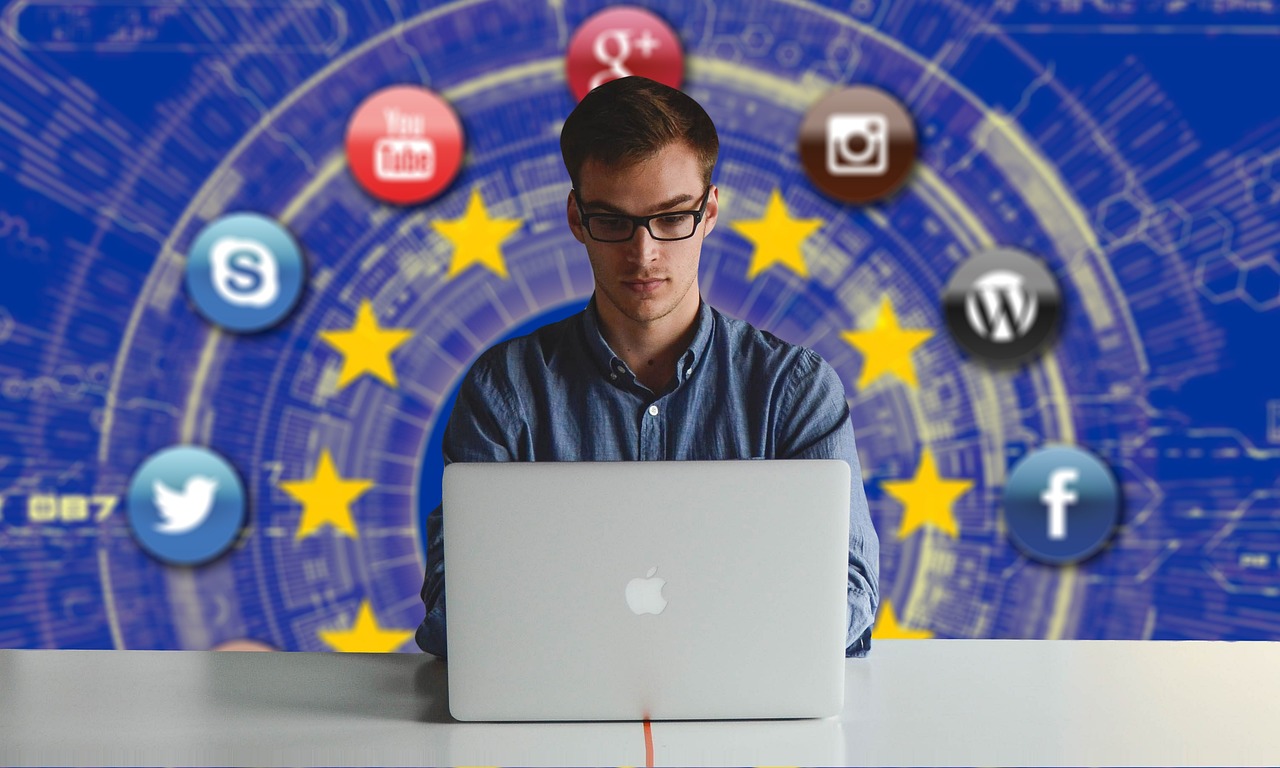
Strategies for Managing Addiction
Managing social media addiction is like trying to tame a wild beast; it requires patience, understanding, and a well-thought-out plan. The first step in this journey is to acknowledge the problem. Once you recognize that your social media habits may be affecting your life negatively, you can start implementing effective strategies to regain control. One of the most powerful tools at your disposal is setting time limits on your social media usage. For instance, you can use apps that track your screen time and send reminders when you've reached your limit. This way, you can consciously decide to step away from the screen and engage in more fulfilling activities.
Another effective strategy is to curate your feed. Take a moment to evaluate the accounts you follow. Are they adding value to your life, or are they just cluttering your feed with negativity? By unfollowing accounts that don’t resonate with your values or interests, you can create a more positive online environment. You might be surprised at how much your mood can improve when your feed is filled with inspiring and uplifting content.
In addition to curating your feed, consider designating specific times for social media usage. For example, you could set aside 30 minutes in the morning and evening to check your accounts. This creates a structured routine and helps prevent mindless scrolling throughout the day. It’s like having a social media curfew—a time when you allow yourself to indulge, but not so much that it takes over your life.
Moreover, engaging in offline activities is crucial. Have you ever noticed how refreshing it feels to step outside, breathe in the fresh air, and disconnect from your devices? Consider picking up a hobby that doesn't involve screens, such as painting, hiking, or reading. These activities can serve as a natural antidote to the compulsive urge to check your phone. You might even discover new passions that enrich your life in ways social media never could.
Lastly, don’t hesitate to seek support from friends or family. Sharing your goals with someone who understands your struggle can make a world of difference. They can help keep you accountable and provide encouragement when you feel tempted to slip back into old habits. Remember, you’re not alone in this battle; many people are striving to strike a balance between their online and offline lives.
In summary, managing social media addiction involves a combination of self-awareness, practical strategies, and support from loved ones. By setting time limits, curating your feed, designating specific usage times, engaging in offline activities, and seeking support, you can reclaim your time and mental well-being. It’s about finding that sweet spot where social media enhances your life rather than detracts from it.
- What are the signs of social media addiction? Common signs include compulsive checking, neglecting responsibilities, and feeling anxious when unable to access social media.
- How can I limit my social media usage? You can set time limits, curate your feed, and designate specific times for social media engagement.
- What offline activities can help reduce social media addiction? Hobbies such as reading, exercising, or spending time with friends can provide fulfilling alternatives to social media.
- Is it okay to ask for help with social media addiction? Absolutely! Seeking support from friends, family, or professionals can be incredibly beneficial.
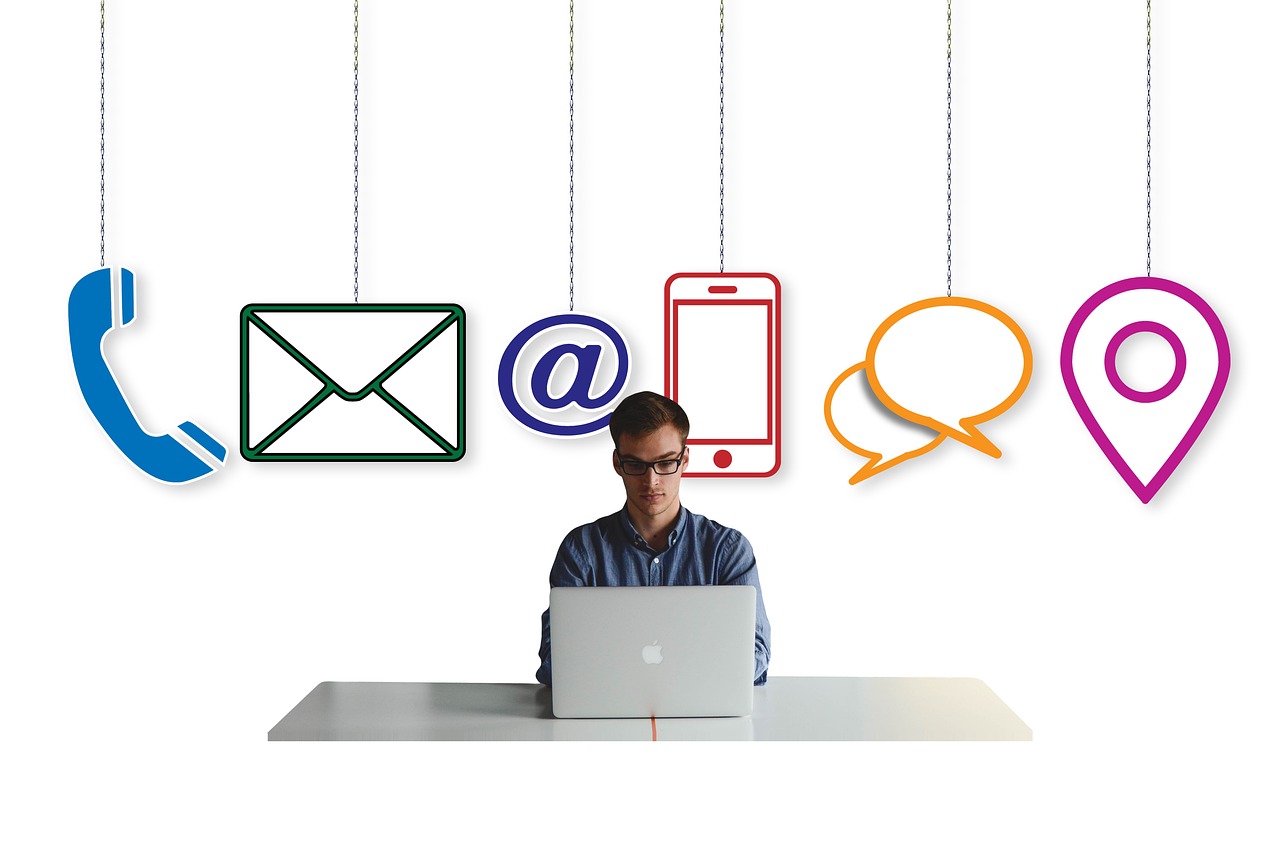
Ensuring Safety Online
In today's digital age, ensuring safety online is more important than ever. With the rise of social media, users find themselves navigating a complex web of interactions that can sometimes feel overwhelming. The internet is a double-edged sword; while it offers a platform for connection and self-expression, it also exposes individuals to risks such as cyberbullying, identity theft, and privacy breaches. So, how can we protect ourselves in this vast online landscape? Understanding the tools and strategies available to enhance our safety is crucial.
One of the first steps in ensuring safety online is to familiarize yourself with the privacy settings of the platforms you use. Most social media sites provide a range of controls that allow you to customize who can see your posts, who can contact you, and what information is shared publicly. Regularly reviewing and adjusting these settings can significantly enhance your online security. For instance, consider the following:
| Platform | Key Privacy Settings |
|---|---|
| Profile visibility, friend requests, post visibility | |
| Private account option, story sharing settings | |
| Protecting tweets, blocking unwanted followers |
Additionally, being aware of potential online threats is vital for maintaining safety. Cyberbullying, phishing scams, and identity theft are just a few of the dangers lurking in the shadows of social media. Education plays a key role in combating these issues. By understanding how these threats manifest, users can better equip themselves to respond effectively. For example, recognizing the signs of phishing emails—such as suspicious links or requests for personal information—can help you avoid falling victim to scams.
Moreover, it's essential to cultivate a sense of digital literacy. This means not only understanding how to use social media but also knowing how to navigate its complexities safely. Engaging in conversations about online safety, sharing experiences, and learning from others can create a supportive community that prioritizes safety. Remember, if something feels off, trust your instincts and take action to protect yourself. After all, staying safe online is not just about technology; it's about being aware and proactive.
In conclusion, ensuring safety online requires a combination of awareness, education, and proactive measures. By mastering privacy settings, recognizing online threats, and fostering digital literacy, users can navigate the social media landscape with confidence. So, the next time you log on, remember that safety is in your hands—take control and enjoy the benefits of connecting with others while keeping your personal information secure.
- What should I do if I encounter cyberbullying?
Immediately report the behavior to the platform and consider blocking the user. It's also important to talk to someone you trust about the situation. - How can I tell if a website is secure?
Look for "https://" in the URL and a padlock icon in the address bar. These indicate that the site is using a secure connection. - What are some signs of phishing scams?
Be cautious of unsolicited emails asking for personal information, poor grammar, and urgent requests for action. - Can I recover my account if it gets hacked?
Most platforms have recovery processes in place. Be sure to act quickly and follow their guidelines for account recovery.
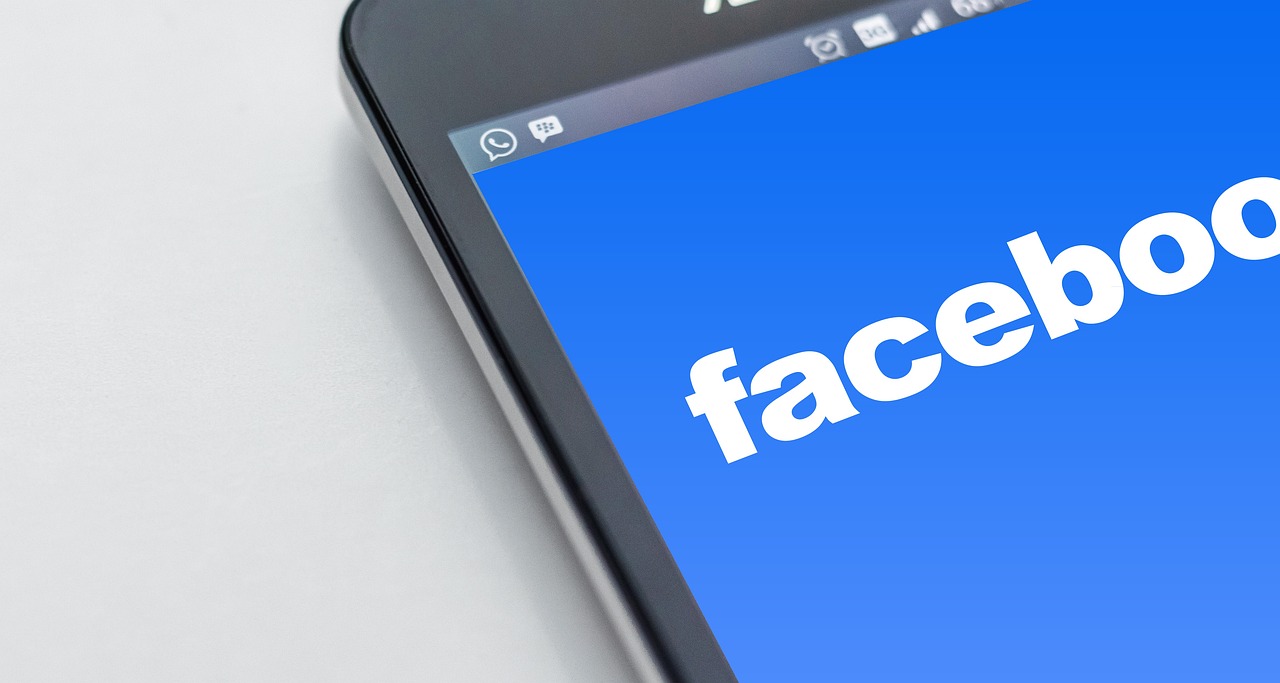
Privacy Settings and Controls
This article explores the challenges of social media addiction, its impact on mental health, and effective strategies for maintaining safety while navigating online platforms.
Social media addiction is a growing concern, characterized by excessive use that interferes with daily life. Understanding its psychological and social implications is crucial for addressing this modern issue.
Identifying the signs of social media addiction can help individuals recognize unhealthy patterns. Common indicators include compulsive checking, neglecting responsibilities, and experiencing anxiety when unable to access social platforms.
The psychological effects of social media addiction can be profound, leading to anxiety, depression, and low self-esteem. Recognizing these effects is essential for individuals seeking to regain control over their online habits.
Social media addiction can strain personal relationships, as excessive online engagement often detracts from meaningful face-to-face interactions. Understanding this impact is vital for fostering healthier connections.
Increased social media use can significantly hinder productivity, both at work and in personal life. Individuals must learn to balance online engagement with their responsibilities to enhance overall efficiency.
Implementing effective strategies to manage social media addiction can lead to healthier usage patterns. Techniques such as setting time limits and curating feed content can create a more positive online experience.
Safety on social media is paramount. Understanding privacy settings and recognizing potential threats can empower users to navigate platforms securely while protecting personal information.
Familiarizing oneself with privacy settings is essential for safeguarding personal information. Each social media platform offers various controls that can help users manage who sees their content and how their data is used. For instance, many platforms allow users to adjust their account settings to limit visibility to only friends or specific groups. Regularly reviewing and updating these settings is crucial, as privacy policies and platform features can change over time.
Here are some key areas to focus on when managing your privacy settings:
- Profile Visibility: Decide whether your profile is public or private and who can see your posts.
- Friend Requests: Control who can send you friend requests, ensuring you only connect with people you know.
- Tagging Options: Adjust settings to approve tags before they appear on your profile.
- Location Sharing: Be cautious about sharing your location in posts or check-ins.
Additionally, many platforms provide options for reporting suspicious activity or blocking unwanted users. Taking advantage of these features can significantly enhance your safety. Remember, it’s not just about what you share, but also about who has access to your information. Being proactive about your privacy can help you enjoy a more secure and positive social media experience.
Being aware of online threats, such as cyberbullying and phishing scams, is crucial for maintaining safety. Education on these issues can help users respond effectively and protect themselves.
- What are the signs of social media addiction? Common signs include compulsive checking of notifications, neglecting responsibilities, and feeling anxious when unable to access social media.
- How can I manage my social media usage? Setting time limits, curating your feed, and taking regular breaks can help manage usage effectively.
- What privacy settings should I focus on? Key areas include profile visibility, friend requests, tagging options, and location sharing.
- How can I recognize online threats? Stay informed about common threats like cyberbullying and phishing scams, and learn how to report or block harmful users.

Recognizing Online Threats
This article explores the challenges of social media addiction, its impact on mental health, and effective strategies for maintaining safety while navigating online platforms.
Social media addiction is a growing concern, characterized by excessive use that interferes with daily life. Understanding its psychological and social implications is crucial for addressing this modern issue.
Identifying the signs of social media addiction can help individuals recognize unhealthy patterns. Common indicators include compulsive checking, neglecting responsibilities, and experiencing anxiety when unable to access social platforms.
The psychological effects of social media addiction can be profound, leading to anxiety, depression, and low self-esteem. Recognizing these effects is essential for individuals seeking to regain control over their online habits.
Social media addiction can strain personal relationships, as excessive online engagement often detracts from meaningful face-to-face interactions. Understanding this impact is vital for fostering healthier connections.
Increased social media use can significantly hinder productivity, both at work and in personal life. Individuals must learn to balance online engagement with their responsibilities to enhance overall efficiency.
Implementing effective strategies to manage social media addiction can lead to healthier usage patterns. Techniques such as setting time limits and curating feed content can create a more positive online experience.
Safety on social media is paramount. Understanding privacy settings and recognizing potential threats can empower users to navigate platforms securely while protecting personal information.
Familiarizing oneself with privacy settings is essential for safeguarding personal information. Users should regularly review and adjust their settings to enhance their online security.
In today’s digital landscape, being aware of online threats is more crucial than ever. Many users may not realize that lurking behind their screens are various dangers that can compromise their safety and well-being. Online threats can take many forms, including cyberbullying, phishing scams, and identity theft. Understanding these threats is the first step in protecting oneself.
Cyberbullying, for instance, can manifest as hurtful comments, spreading rumors, or even harassment through direct messages. This form of online abuse can have severe emotional and psychological effects on victims, often leading to feelings of isolation and depression. If you or someone you know is facing such issues, it's essential to reach out for support and document any abusive interactions.
Phishing scams are another common threat. These scams often come in the form of deceptive emails or messages that appear to be from legitimate sources, tricking users into providing personal information. For example, you might receive an email that looks like it's from your bank, asking you to verify your account details. Always double-check the sender's email address and avoid clicking on suspicious links. Here are some tips to recognize phishing attempts:
- Look for poor spelling and grammar.
- Check the email address for inconsistencies.
- Be cautious of urgent requests for personal information.
Lastly, identity theft is a growing concern as well. This occurs when someone uses your personal information, such as your Social Security number or bank details, without your permission. It's essential to regularly monitor your financial statements and credit reports for any suspicious activity. If you notice something unusual, act quickly to report it to your bank and relevant authorities.
By being aware of these online threats and taking proactive measures, users can significantly enhance their safety while navigating social media platforms. Remember, the key to a secure online experience lies in vigilance and education.
- What are the signs of social media addiction? Common signs include compulsive checking of social media, neglecting daily responsibilities, and feeling anxious when unable to access platforms.
- How can I protect my privacy online? Familiarize yourself with privacy settings on social media platforms, regularly update them, and be cautious about sharing personal information.
- What should I do if I encounter cyberbullying? Document the abusive interactions, reach out for support, and consider reporting the behavior to the platform or authorities.
Frequently Asked Questions
- What is social media addiction?
Social media addiction refers to the compulsive use of social media platforms that interferes with daily life and responsibilities. It's like being caught in a web where you can’t escape the urge to scroll, post, or check notifications.
- What are the signs of social media addiction?
Common signs include constantly checking your phone, feeling anxious when not online, neglecting responsibilities, and prioritizing social media over real-life interactions. If you find yourself glued to your screen, it might be time for a reality check!
- How does social media addiction affect mental health?
It can lead to increased feelings of anxiety, depression, and low self-esteem. The constant comparison with others online can make you feel inadequate, similar to trying to keep up with a race where the finish line keeps moving!
- Can social media addiction impact personal relationships?
Absolutely! Excessive time spent online can detract from face-to-face interactions, leading to misunderstandings and conflicts. It’s like trying to water a plant with a garden hose while ignoring the roots!
- What strategies can help manage social media addiction?
Setting time limits, curating your feed to include only positive content, and scheduling breaks can help. Think of it as giving your brain a much-needed vacation from the digital noise!
- How can I ensure my safety on social media?
Familiarize yourself with privacy settings and regularly update them. It’s like locking your doors at night; you wouldn’t leave your house wide open, right?
- What are some common online threats to be aware of?
Cyberbullying and phishing scams are prevalent threats. Being educated about these issues is crucial for protecting yourself online, much like knowing how to spot a scammer in real life!
- Is it possible to have a healthy relationship with social media?
Yes! By setting boundaries, being mindful of your usage, and focusing on positive interactions, you can enjoy social media without falling into the trap of addiction. It’s all about balance!



















